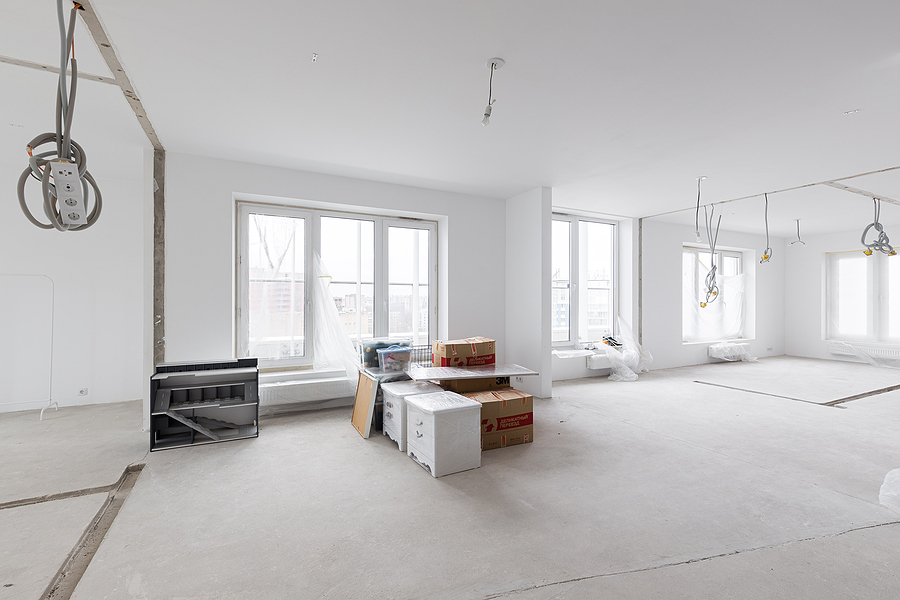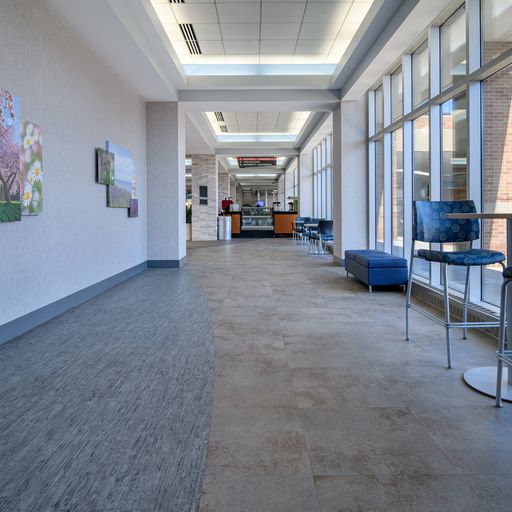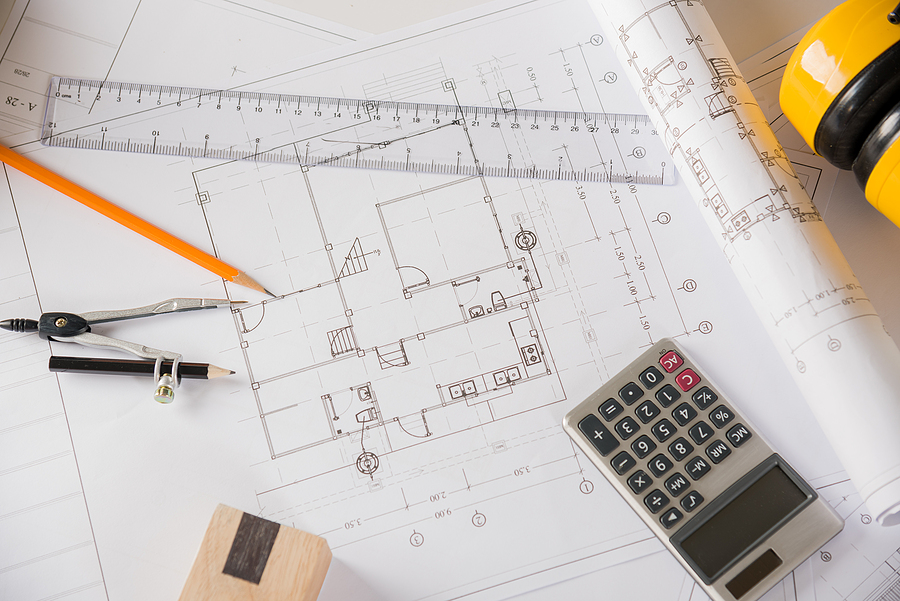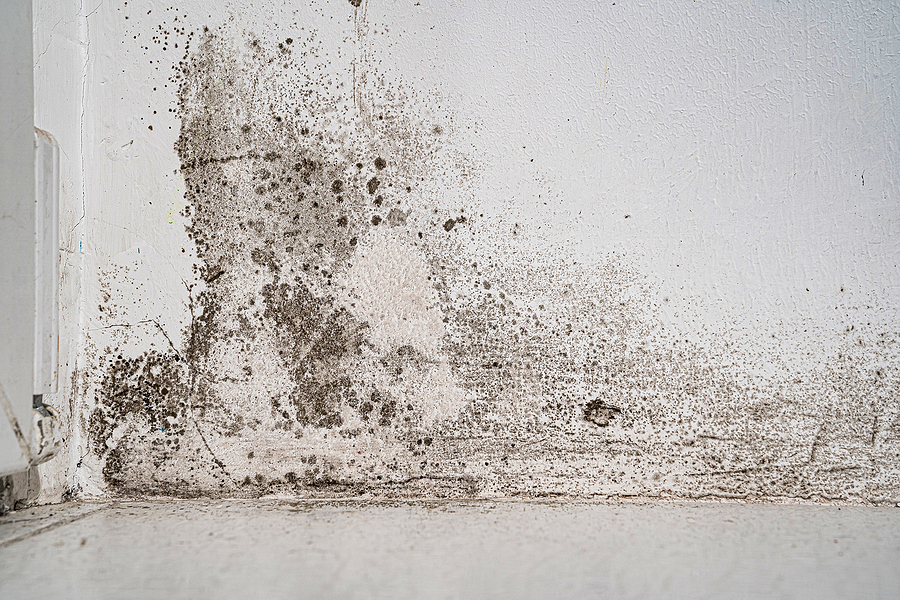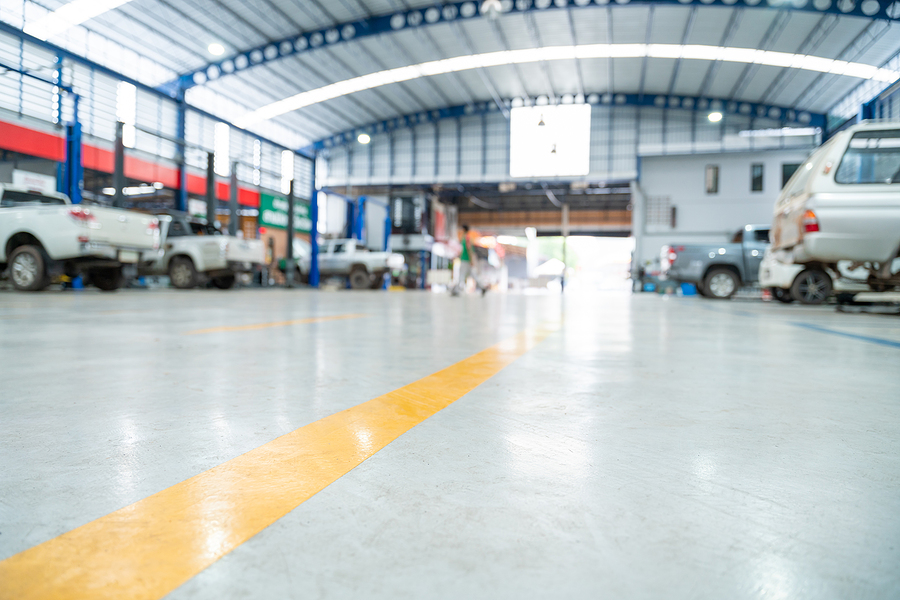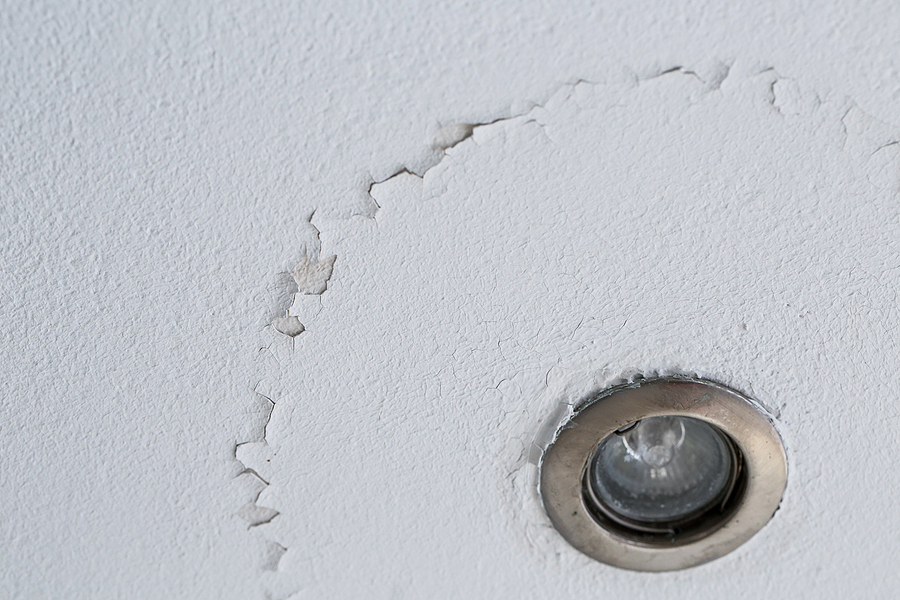Small and midsized businesses (SMB) form the backbone of local economies, and keeping their physical spaces vibrant, functional, and inviting is crucial for long-term success. Remodeling might seem like a luxury or an unnecessary expense, but it can be an astute investment in the competitive edge and growth of your SMB enterprise. This comprehensive guide is designed to provide small business owners and entrepreneurs with the necessary insights and strategies to undertake a successful remodeling project.
In this post, we’ll start by dissecting the necessity of renovating a business location, move on to preparations for a remodeling project, and conclude with tips for seamless execution and post-renovation considerations. Whether you’re aiming to revamp your retail store to attract new customers or create a more efficient workspace for your growing team, the knowledge you gain here will set you on the right path.

Understanding the Need for Small Business Remodeling
Enhancing Customer Experience and Business Operations
Your business environment speaks volumes about your brand and can significantly impact customer perceptions. A well-thought-out design can facilitate smoother operations, improve customer flow, and boost sales. Remodeling allows you to adjust to changing market trends, update your image, and ensure that your space aligns with the current needs and expectations of your target demographic.
Recognizing Signs of Necessity
It’s essential to pick up on the cues that indicate your SMB space is in need of a refresh. These might include declining foot traffic, outdated fixtures, or a layout that no longer supports your business activities. Even more critical is staying compliant with safety codes and accessibility standards, which might change over time.
Planning Your Business’s Remodeling Project
Assessing Your Space and Needs
Start by evaluating how well your current commercial space meets your business requirements. This might involve conducting customer surveys, cost forseeability charting, analyzing sales data, or simply assessing how functional your workspace is for your team. Collecting this information is key to informing the design phase.
Setting Realistic Budgets and Timelines
Financial planning is often a roadblock for small businesses considering remodeling. However, setting a clear budget and a feasible timeline is not just a formality—it’s the key to ensuring that your project is viable. Factor in unexpected expenses and leave a cushion for any delays.
Navigating Permits and Approvals
The legal side of remodeling is often overlooked but can be a significant hurdle. Ensure that you are aware of all the local zoning laws, building codes, and necessary permits. Failing to do so can lead to costly penalties or even halt your remodeling project.
Choosing the Right Commercial Remodeling Contractor
Selecting a Reliable Partner
Your contractor will be the linchpin of your project. Look for experienced professionals with a track record of completing projects on time and within budget. Referrals and testimonials are valuable tools for narrowing down your options.
Understanding Small and Mid-Sized Business Needs
A contractor who understands the unique challenges and space constraints of small businesses can be an invaluable resource. They should be able to offer insights and solutions tailored to your specific industry and objectives.
Designing for Success
Balancing Form and Function
Good design doesn’t just look pretty; it serves a purpose. Work with an interior designer to create a space that not only reflects your brand but also maximizes efficiency and customer comfort.
Making the Most of Limited Space
Small and moderately sized businesses often have to make do with less. Clever design choices, such as multi-purpose fixtures, vertical displays, and light colors, can give the illusion of space and optimize every square foot of your establishment.
Executing a Commercial Remodeling Project
Minimizing Disruptions
A major concern for small business owners is the impact a remodeling project can have on daily operations. Develop a comprehensive plan with your contractor to minimize disruptions, possibly by working during off-hours or in stages to keep parts of the business running.
Strengthening Communication
Effective communication is vital throughout the remodeling process. Regular updates and a clear line of communication with your remodeling team will help keep the project on track and alleviate any worries you might have.
Post-Remodeling Considerations
Ensuring Safety and Compliance
Your newly remodeled space should not only be aesthetically pleasing but also safe and compliant with all building regulations. Conduct thorough inspections and address any issues promptly.
Promoting Your Fresh Look
Once your remodeling project is complete, it’s time to show it off. Use your marketing channels to spread the word about your updated space and invite customers to experience it for themselves. A grand reopening event or special promotions can help reintroduce your business in a compelling way.
Conclusion
Small business remodeling holds the potential to revitalize your brand, improve your operations, and cement your presence in the local community. It is an investment in the long-term sustainability and success of your venture. By carefully planning, selecting the right partners, and executing the project with finesse, you can achieve a space that inspires both your customers and your team.
For personalized advice and support on your small or midsized business remodeling endeavor, reach out to our expert team. We look forward to assisting you in creating a space that resonates with your vision and drives your business forward. Remember, your space is a tangible expression of your brand—make it count.
Are you a small or midsized business owner who wishes to improve the look, function, and overall success of your space? Contact BAF Corporation at 317-253-0531 for professional commercial remodeling in Indianapolis, Indiana. We serve clients in all industries and throughout all of Central Indiana.
Related Posts:
Key Points That Should Be Included in a Remodeling Contract
5 Design Tips to Improve the Success of Your Retail Store
How to Cater to Club Members During a Fitness Center Remodel

